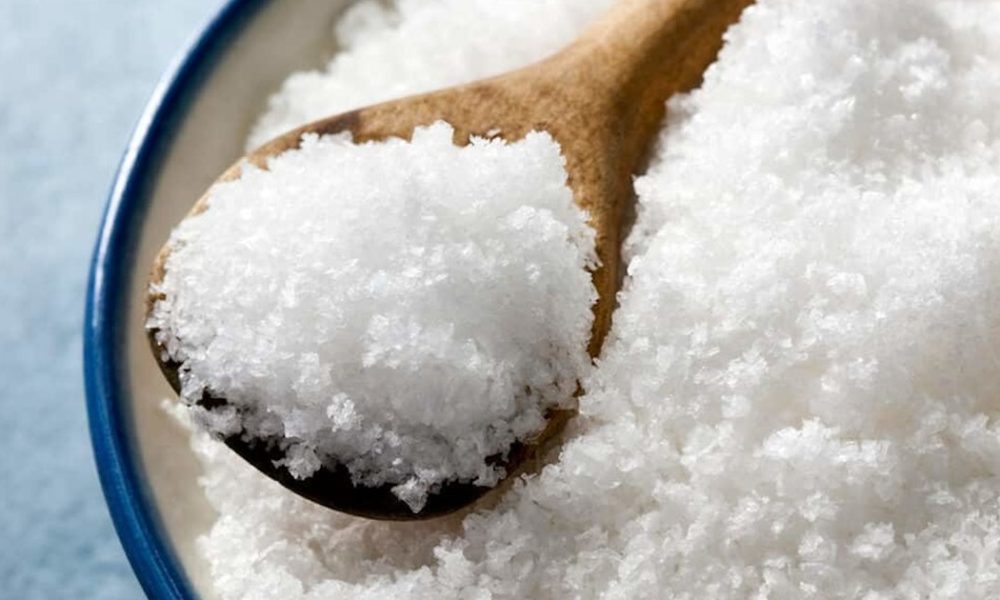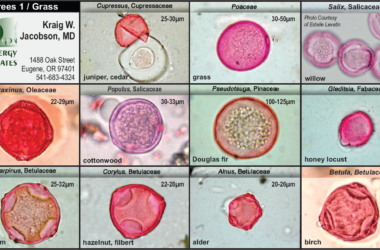 File photo
File photo
Staying hydrated while maintaining a healthy sodium and trace mineral balance is key to any dietary program. But what is salt?
Sodium chloride (salt) is present in ocean water, and makes up 75% of the ”salt” in seawater. In our bodies, salt teams up with potassium – our body’s primary intracellular mineral (inside the cells).
Salt is found in extracellular (outside of the cells) tissues. You may have heard about electrolytes which we replace with drinks such as Gatorade (chock full of artificial ingredients) and Recharge (a much healthier version). These electrolytes include salt, potassium and other trace but important minerals.
When these nutrients are in balance, we have the correct amount of fluids in all of our body’s cells. This also correlates with the balance of fluids making up our blood volume. If we have a high-salt or low-potassium diet, we increase the blood volume and blood pressure may be elevated.
Studies show that maintaining a balance of minerals and electrolytes including sodium, calcium, potassium and magnesium is key to human health. When our bodies lose these electrolytes through perspiration or diarrhea the results can be serious.
If we drink only water after exercise, our usual electrolyte balance is not restored and we suffer from hyponatremia, or ”water intoxication.”
A pinch of good-quality unrefined sea salt – not enough to even taste – will help maintain your electrolyte balance and increase your stamina. This is ”Gatorade” without the sugar and toxic coloring and flavoring chemicals.
There is controversy around sodium intake and its effect on blood pressure. Dr. Elson Haas suggests that some researchers believe the key to controlling blood pressure and hypertension is controlling the potassium-to-sodium ratios.
The processed foods most of us eat are generally higher in sodium and lower in potassium, Haas said. When we make our food from scratch and use a good-quality salt we will have a healthier electrolyte balance.
If your sea salt is white in color, it has most likely been ”refined” and the critically needed electrolytes will be missing.
Further, sea salt from dried sea water has been found to contain measurable amounts of microplastics. Microplastics are tiny plastic fragments smaller than five millimeters long. They are usually so small that you can’t even see them with the naked eye. They come from the plastic you use every day – broken shards of plastic toys, pieces of old shopping bags and microbeads in your personal care products.
When microplastics end up in the ocean, they land in places like the Great Pacific Garbage Patch (GPGP), a giant floating island of plastic located in the Pacific Ocean that spans about 1.6 million square kilometers in size – three times the size of France.
Dr. James DiNicolantonio, a leading cardiovascular research scientist, has reviewed over 500 publications to unravel the impact of salt on blood pressure and heart disease.
DiNicolantonio reached a startling conclusion: The vast majority of people don’t need to watch our salt intake.
In fact, for most of us, more salt would be advantageous to your health. In his book, ”The Salt Fix,” he tells the remarkable story of how salt became unfairly demonized – a never-before-told drama of competing egos and interests – and took the fall for another white crystal: sugar.
DiNicolantonio suggests that, in fact, too little salt can:
• Cause you to crave sugar and refined carbs;
• Send the body into semi-starvation mode;
• Lead to weight gain, insulin resistance, type 2 diabetes, cardiovascular disease, chronic kidney disease, and increased blood pressure and heart rate.
On the other hand, eating the salt your body desires can improve everything from your sleep, energy and mental focus to your fitness, fertility and sexual performance, and stave off common chronic illnesses, including heart disease.
It’s best to eat food with fewer ingredients. One of those ingredients in most processed foods is refined salt.
On a simple diet of organic fruits and vegetables, free-range meats, whole grains, organic and (if available) raw dairy, and the best-quality inland sea salt, our bodies will be able to have the correct balance of the important electrolytes.
Add regular exercise and plenty of pure water, and the result is better health and vitality.
Salud!
Contact Yaakov, a Creswell resident, at [email protected] or visit him at Natural Grocers in Eugene.







